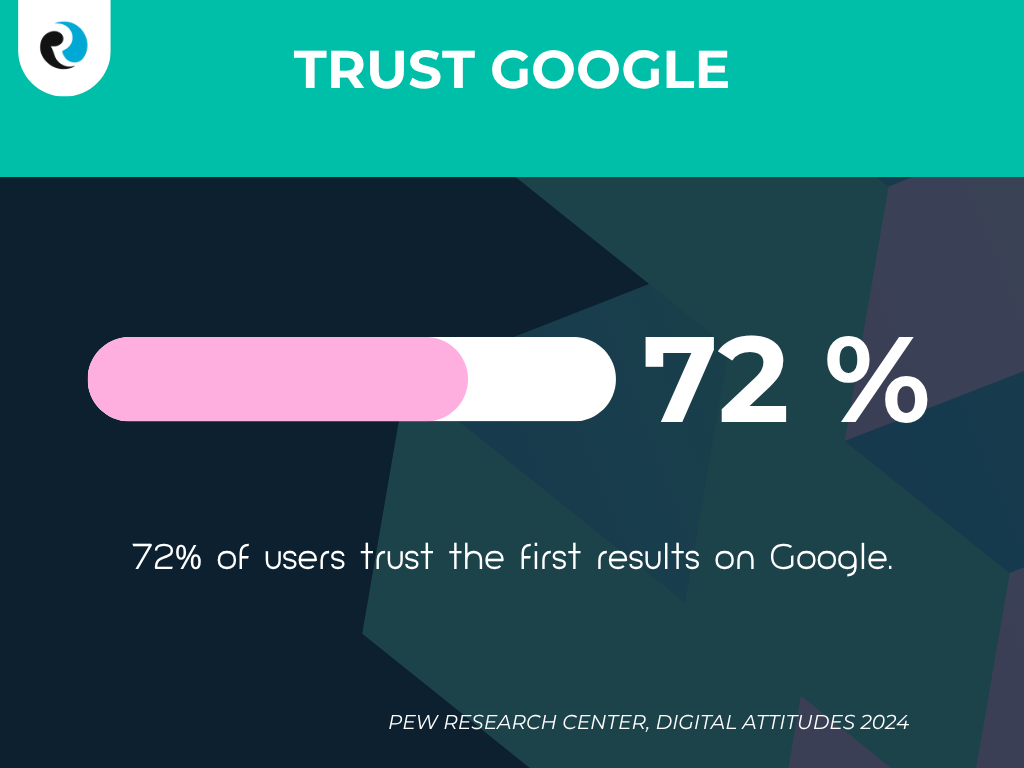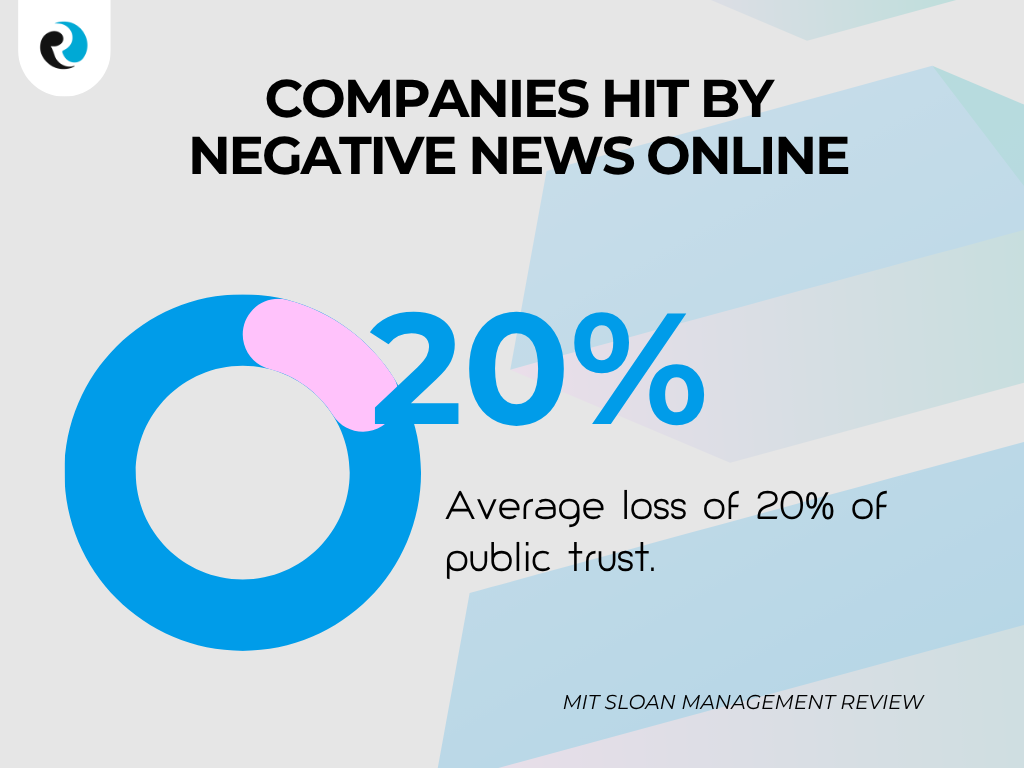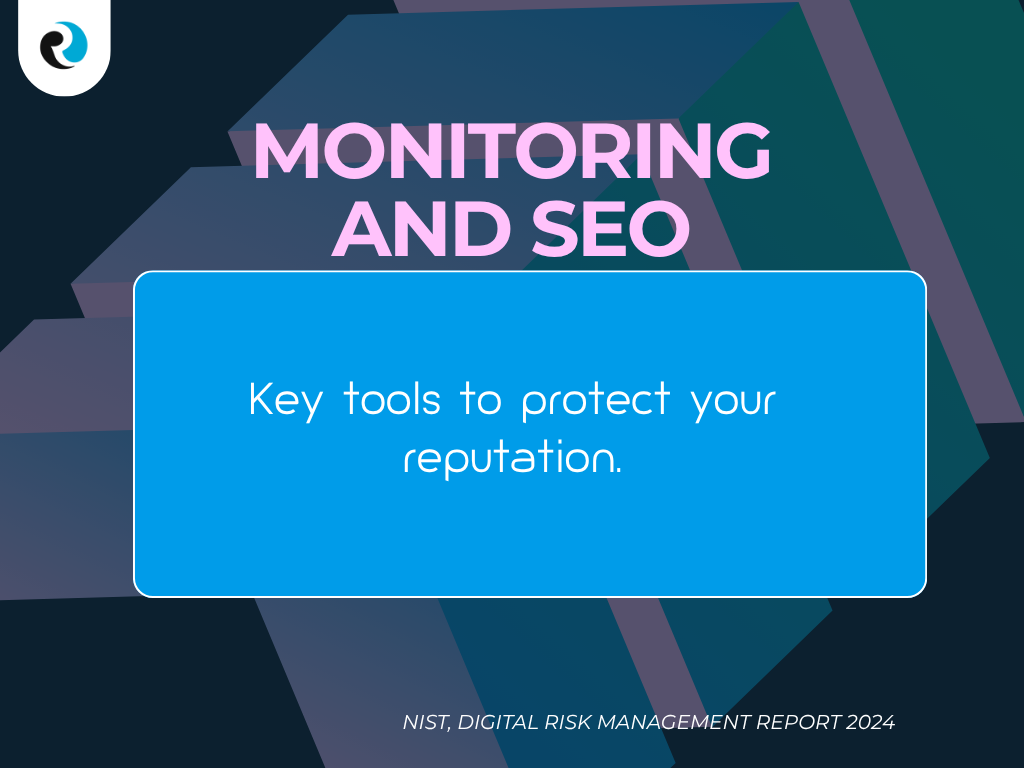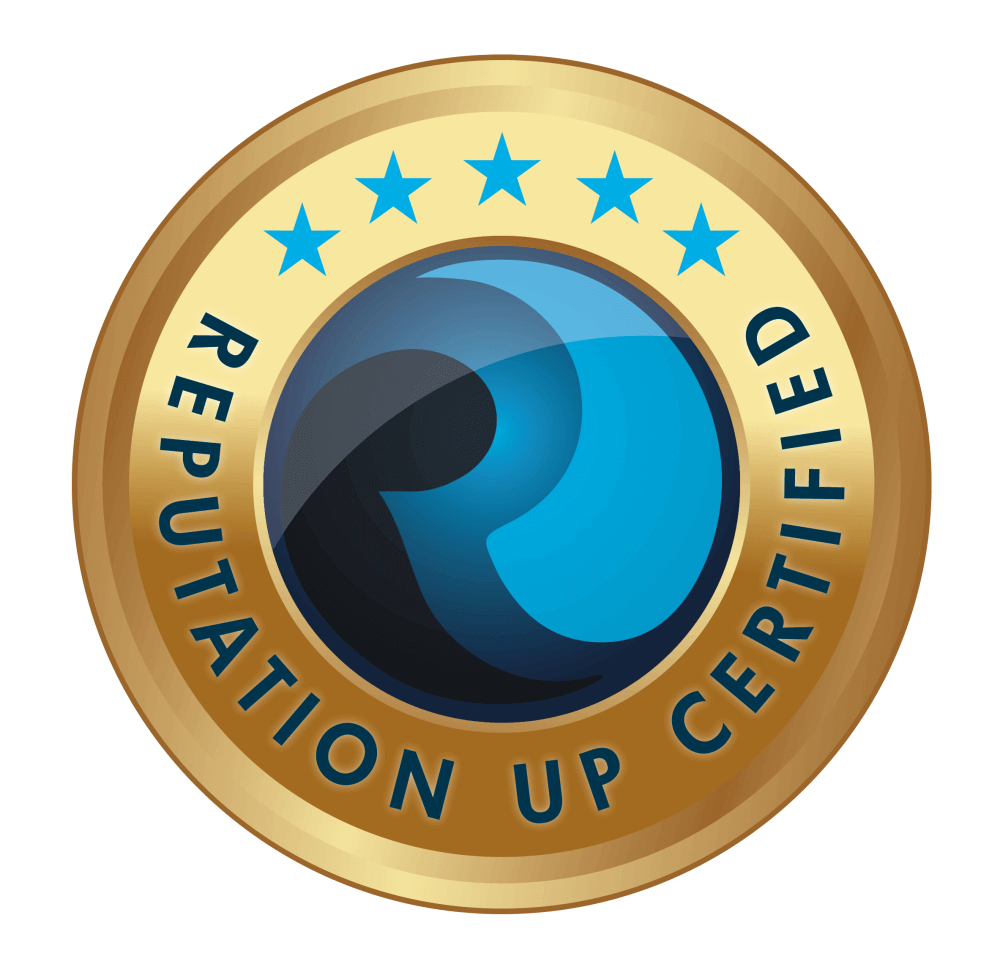Typing your name into Google seems like a trivial gesture. Yet, what appears in search results can determine how you are perceived by colleagues, employers, business partners, and even friends or family.
A negative article, a misleading review, or outdated content can become a stain that’s difficult to erase. Google is, in fact, the primary arbiter of digital reputation : it decides what information is visible and what isn’t.
“Today you are not what you say you are, but what Google shows you to be. Controlling your online presence is essential to defending your reputation and credibility” explains Andrea Baggio CEO of Reputationup.
Google as a mirror of reputation
Google is much more than a search engine: it’s a filter that decides what’s visible and what’s hidden. Most users stop at the first page of results, and even more often at the first three links.
The Pew Research Center (2024) found that 72% of people consider the top results on Google to be the most reliable information available, regardless of their accuracy.
This means that a negative piece of content, if positioned high, can outweigh dozens of positive experiences that are invisible to the public eye.

The risks of a bad reputation on Google
A compromised digital reputation translates into tangible losses. This isn’t an abstract problem: it has economic, professional, and social impacts.
The MIT Sloan Management Review (2024) showed that companies impacted by negative content online experience an average 20% reduction in consumer and investor trust.
The effects aren’t limited to the corporate world: professionals, students, and private citizens may also see opportunities disappear due to online content.
- Professional : An employer who finds negative articles may decide not to hire.
- Sales : Customers who read false or misleading reviews may look elsewhere.
- Social : Friendships and relationships can be damaged by defamatory or out-of-context information.

How Google decides what to show
Google’s algorithm isn’t neutral. Its algorithm selects, sorts, and presents content based on criteria that prioritize authoritativeness, freshness, and relevance.
In 2025, research from the Stanford Internet Observatory showed how Google is increasing the weight given to institutional and academic sources, reducing the visibility of unverified blogs and forums.
This means that an article published by an online newspaper or a university report is much more likely to surface than undocumented opinions. While this mechanism combats misinformation, it also makes it difficult to remove negative content from sources considered authoritative.
Strategies to prevent reputational damage
Prevention is better than cure. A solid reputation is built over time, with consistency and strategy.
The National Institute of Standards and Technology (NIST, 2024) recommends continuous monitoring of online mentions as a key practice for reducing digital risks.
The most effective strategies include:
- Reputational SEO : Creating positive, up-to-date, and optimized content that rank high.
- Legal management : Use the GDPR’s right to be forgotten to remove outdated or harmful links.
- Digital PR : Strengthen your visibility with articles, interviews, and collaborations in credible media outlets.
- Social media management : maintaining professional, consistent, and constantly updated profiles.

Rebuilding your reputation after damage
When negative content is already online, the challenge is twofold: delete it and replace it with positive information.
Rebuilding means adopting a proactive approach: it’s not enough to obscure the past; we need to offer a new and authentic narrative. This can include publishing case studies, client testimonials, interviews, and articles that highlight real values, skills, and experiences.
The key actions are:
- Optimize articles and interviews that highlight professional and personal successes.
- Create a multi-channel editorial plan including blogs, social media, and official press releases.
- Strengthen your presence on authoritative sites to build a sense of trustworthiness.
- Monitor the SERP constantly so as to anticipate new crises and not passively undergo the evolution of content.
Rebuilding your reputation ultimately means replacing negative narratives with positive, authentic, and enduring ones.
“Every positive content is a piece that builds credibility and balances the impact of what we cannot erase,” underlines Juan Ricardo Palacio, CoFounder CEO of ReputationUP
The future of digital reputation
It’s not enough to just look at the present: digital reputation will become increasingly central to social and economic dynamics.
The World Bank Digital Development Report 2025 highlights that digital trust is now considered an economic capital: companies and individuals who invest in a solid online reputation obtain greater credit, more customers, and better opportunities.
At the same time, universities such as Carnegie Mellon (2025) are studying how search engines influence political, financial and social decisions, demonstrating that what appears online has direct effects on people’s behaviour.
The role of ReputationUP
ReputationUP doesn’t just solve reputational problems: it works to transform Google from a potential threat to a strategic asset. The company is internationally recognized for its ability to combine legal, technological, and communications expertise in an integrated approach.
The team intervenes in three main phases:
- Immediate defense : SERP analysis, identification of harmful content, and rapid removal through legal proceedings, agreements with platforms, and de-indexing from search engines.
- Crisis management : personalized legal support, protection from further attacks, and digital strategies to minimize the visibility of negative content.
- Long-term reconstruction : creation and optimization of positive content, digital PR campaigns, reputational SEO and constant monitoring of your online image.
A distinctive aspect of ReputationUP is the use of proprietary artificial intelligence tools for reputation monitoring. These systems enable real-time detection of new threats, negative reviews, defamatory articles, or social media discussions, allowing for timely intervention.
“Managing your reputation isn’t a one-time intervention, but an ongoing process. Every positive piece of content that appears on Google is an investment in credibility,” continues Juan Ricardo Palacio, Co-Founder and CEO of ReputationUP
Thanks to this approach, ReputationUP helps individuals and companies not only eliminate harmful information, but also build a resilient digital reputation capable of withstanding future attacks and strengthening their public image over time.
Conclusion
Your name on Google isn’t just a detail, it’s the heart of your digital identity An online search can open doors or close them irrevocably, impacting job opportunities, personal relationships, and public trust.
The good news is that digital reputation isn’t immutable: it can be protected, corrected, and strengthened. With an integrated approach—constant monitoring, SEO strategies, legal interventions, and digital PR—it’s possible to transform Google from an invisible enemy into a powerful ally for personal and professional growth
With ReputationUP’s support, crises become opportunities for digital rebirth. It’s not just about eliminating negative content, but about building a solid foundation that strengthens credibility and authority for the future.
Reputation is capital: it must be protected, cultivated, and managed day after day. Google shouldn’t be a risk, but a strategic showcase through which you can showcase the best version of yourself.
FAQ
Because it handles over 90% of searches: what appears there shapes public perception.
Not necessarily: you can request its removal or reduce its impact with SEO and PR.
Constant monitoring: without knowing what’s appearing on your name, you can’t intervene.
Yes: well-optimized positive content can rank higher in Google.
Because it combines legal, technological, and communications solutions into a single reputation defense and reconstruction strategy.

